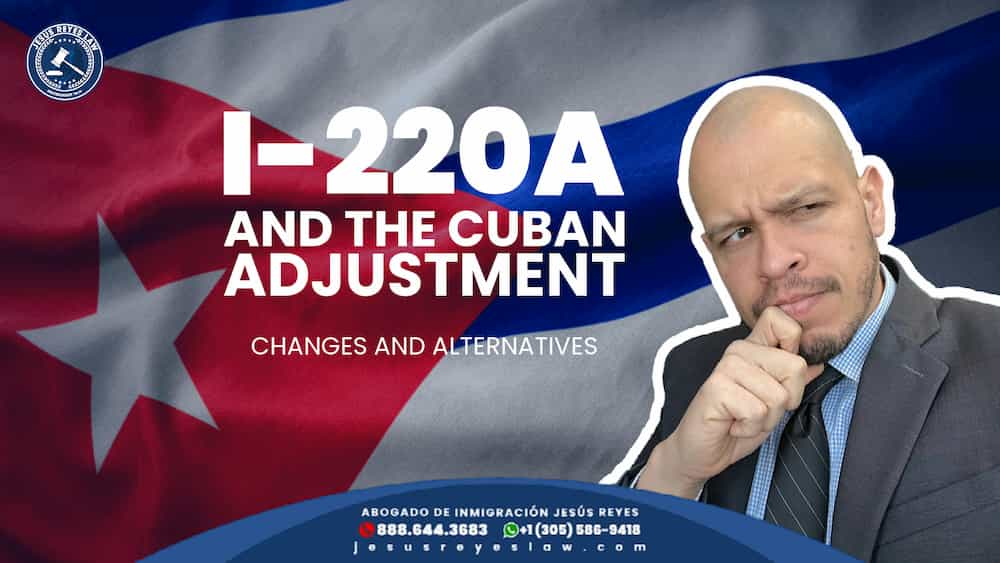In a recent decision of the U.S. Board of Immigration Appeals, it was determined that the I-220A or conditional release granted to a Cuban detained after crossing the border cannot be considered a humanitarian parole. As a result, the residency benefit granted under the Cuban Adjustment Act will be revoked. This decision has the potential to affect thousands of Cubans who have received an I-220A after being released from detention at the border.
The impact of the I-220A decision
The Board of Immigration Appeals decision has significant implications for those Cubans who have received an I-220A. The decision means that conditional release is not considered a valid parole for residency purposes under the Cuban Adjustment Act. This means that those Cubans who have obtained an I-220A could lose the benefit of the residency granted.
However, this is not a final decision and the case will return to the judge before being referred back to the Appeals Board. Once a final order of deportation is issued, the case could go to a federal appeals court, where this decision could be reversed and the I-220A could be determined to be a valid parole.
Alternatives for Cubans with I-220As
If a federal court upholds the appeals court decision, Cubans with an I-220A would have only one option for seeking a form of legal status in the United States: applying for political asylum. Political asylum would be the only option available to those Cubans who have arrived at the border and who do not meet the requirements to apply for Cuban adjustment.
It is important to note that those Cubans who have already obtained residency through an I-220A will need to be vigilant in determining how the Immigration Service will apply this decision. Since this is a specific case and the decision is not yet final, it is uncertain what action the Immigration Service will take with respect to those Cubans who have already obtained residency.
In summary, the recent U.S. Board of Immigration Appeals decision on I-220A and Cuban Adjustment has the potential to affect thousands of Cubans who have received conditional release after being apprehended at the border. If the decision stands, those Cubans with an I-220A will lose the benefit of the residency granted and will only be able to seek political asylum as an option to obtain legal status in the United States.
It is important to note that this decision is not yet final and that the case will return to the judge before being sent back to the Appeals Board. In addition, it is not yet known how the Immigration Service will apply this decision to those Cubans who have already obtained residency. Therefore, those affected should watch for future updates and consult with our firm to better understand their legal options in this situation.
The situation for Cubans with I-220A is complex and constantly changing. As new events and legal decisions develop, it is critical to stay informed and seek professional advice to make informed decisions about your immigration future in the United States.










